Independence
“I couldn’t wait to move out of home… now I’m struggling.”
I’m learning that the shower tray doesn’t clean itself, lightbulbs are complicated and cooking edible food is much harder than I thought. I now have all these post-it notes stuck to my computer, reminding me to do things I never had to do before. They should all be quite simple on their own, but stacked up with all the other work, I’m finding it overwhelming and hard to cope. Other people seem to manage okay. What’s up with me?
Ashley


Being an adult is such hard work!
What’s the issue?
Independence is all about making your own way in the world. But it can come with unforeseen challenges – there are lots of things you might not have had to deal with before - and life is so fast paced these days, it can be hard to keep up. There are no instuctions for this stuff… you’re taught maths at school, but not how to get by in everyday life!
Moving out to a new town, city or country can be very liberating. But it can also be disorientating! After all, you are away from your normal surroundings and regular support network of friends and family.
The buildup of lots of small ‘to-do’s’ and the frequency of them can start to become a burden, so that cooking a simple meal or even getting out of bed can be a challenge. It can also make it really hard to ask for help when you feel embarrassed that you’re struggling with everyday, seemingly simple things.
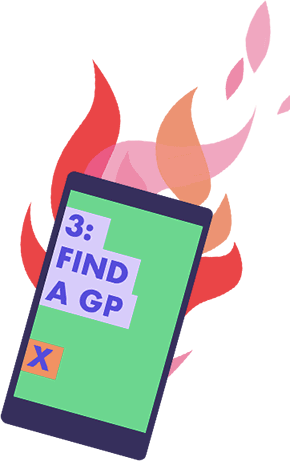
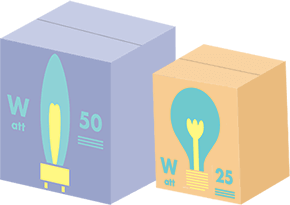
How does it affect me?
Independence is important for achieving mental well-being and good self-esteem, and depending on others can sometimes be perceived as a weakness.
However, it can be easy to expect too much of yourself and to forget that everyone has to learn to be independent as they get older. The secret to learning not just how to survive but to thrive independently is to know when to ask for help.
Seeing ‘total independence’ as an ultimate goal can create a great deal of stress and anxiety. It may discourage you from asking for help if that feels like it will threaten your independence or make you seem silly or weak – it may even discourage you from supporting others to avoid them becoming dependent on you!
It is important to recognise that we all depend on other people to some extent, and they will always depend on us. Finding a balance is key to success!

I wanted to be independent, but I think I might also need some help…

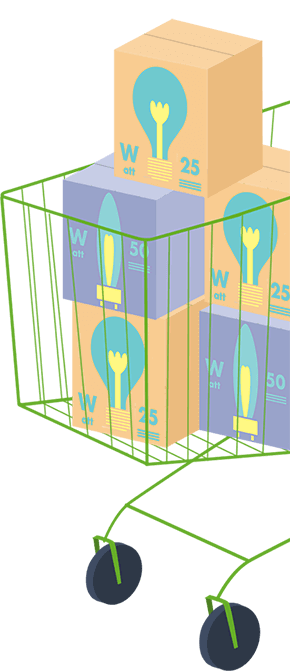
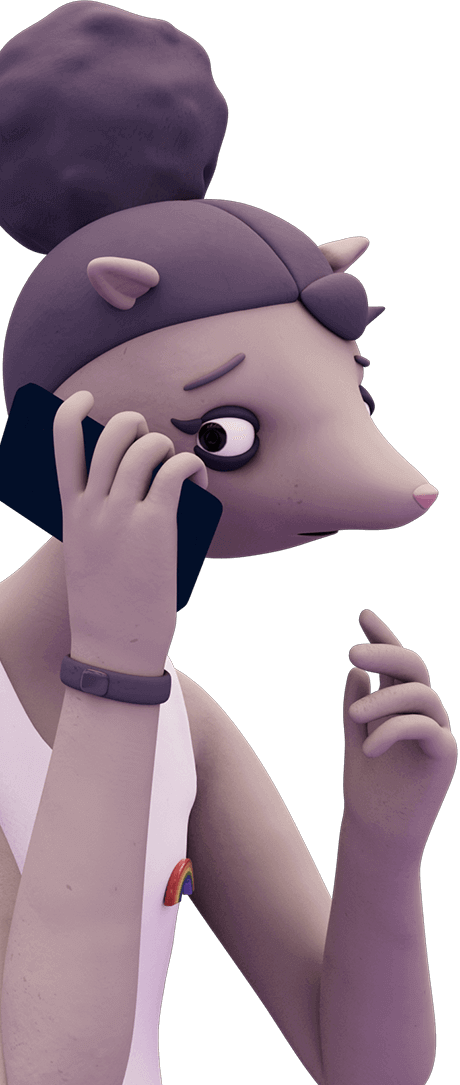
What can I do to help myself?
It is worth looking at the range of people and things you rely on, both to check that you are not over-dependent on them, but also to see if you could benefit from letting yourself depend on them a bit more. Strengthening your interdependence (sharing reliance with your support network) is the way forward.
Consider mutual or peer support
One thing to consider is increasing your mutual or peer support - sharing experiences and resources together in networks of people. These may be networks of people with shared or different backgrounds and interests. This can be started through sports, hobbies, leisure, or academic interests.
Mutual support or peer support groups can be particularly valuable for you as they provide some things that improve mental health and wellbeing, including:
- Connecting with other people.
- Encouraging kindness to others and yourself.
- Increasing the range of skills, knowledge, and ability that people can draw on to support what is often referred to as ‘interdependence’.
- Reducing the strain on any individual by ‘winning’ independence together!
Strike a balance between independence and dependence
Having control over your day-to-day life is important for good mental health. Being too dependent on any single person or thing can be disabling or make people vulnerable. But human beings are social animals and while a degree of independence is important, a range of positive relationships that enable us to contribute to and draw on others for comfort and support will strengthen us all. If you need to ask for advice or help about a daily activity once or twice, then that is normal, and hopefully the next time you can try to do the task yourself, even if it takes more time, and isn’t perfect!
Try new things!
Don’t be afraid to give things a go, even if you have not done them before by yourself, or without support. Learn to drive, cook a new recipe, fix a broken piece of furniture, or visit a new place, and if it doesn’t go great, don’t give up. Watch a youtube video, try again, or ask for advice, but try to do it yourself. You will feel great when you succeed.

When do I need to get help?
If our tactics to get the right balance between independence and dependence don't seem to be working and...
- You remain worried about being overly dependent on other people.
- You remain worried about people being overly dependent on you.
- you feel overwhelmed in dealing with new responsibilities or expectations.
...then now is the time for you to share what is happening with other people you can trust.'
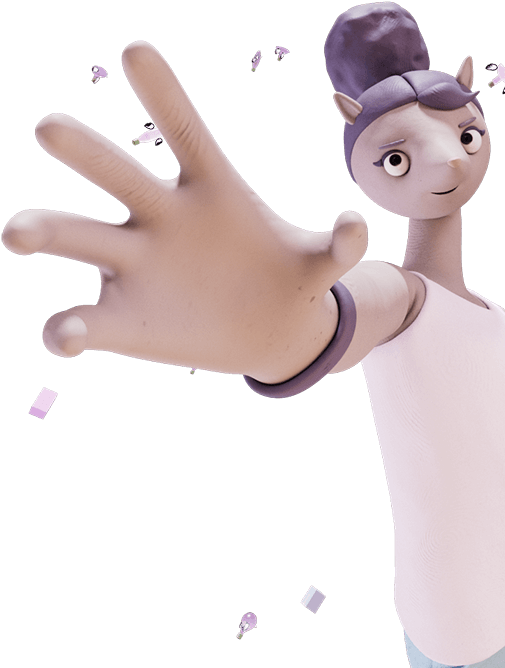
Where to go for help?
If independence or other people becoming dependent on you causes mental distress, then you should consider speaking to your doctor or someone else you trust and seek advice from trained professionals.
More information can be found on our seeking help page.

